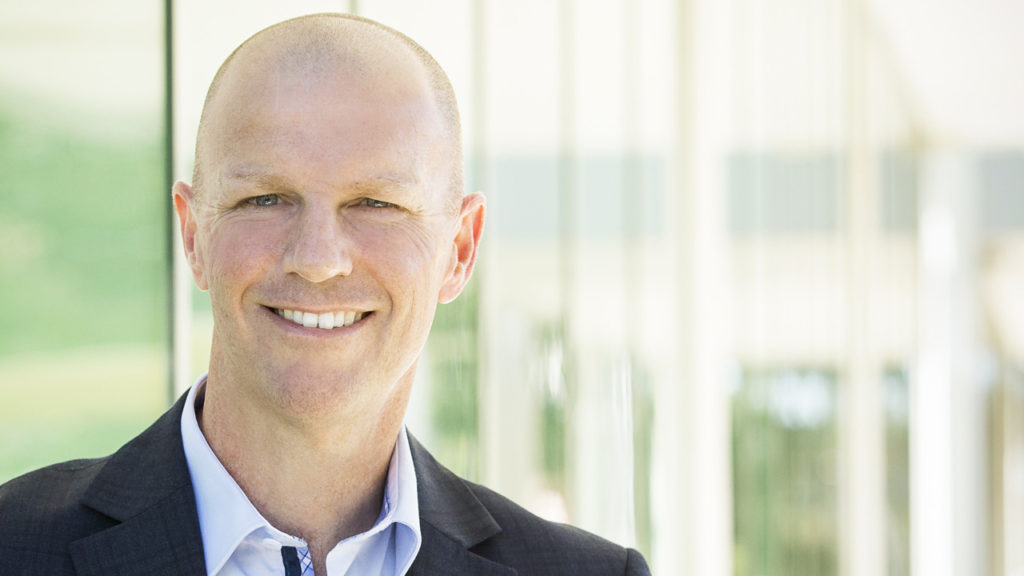
A Word from the CEO
December 2019
Shortly, Melbournians will be experiencing the Government’s new water conservation campaign. While our metropolitan members prepare to disseminate messages targeting the major water-using behaviours in the home, I’ve pondered a paradox that we continuously face in providing water to our customers. That paradox relates to reliability.
Consider the tap. It’s one of the world’s most simple while most reliable inventions. Water turns on and off in the movement of a hand and meets our desired flow, volume and temperature. And the water never seems to cease.
Only this month, we experienced power disruptions across the state caused by extreme weather conditions. But the taps kept running. Over summer, we expect brown-outs across the state. But we expect that our taps will keep running – thanks to the hard work of our operations staff in the background.
What if, one day, it did cease? I imagine there would be shock.
Researchers, such as Ruth Morgan and Graeme Davidson, have considered the role of lifestyle technologies in our water consumption since European settlement. As technologies to support three c’s of comfort, cleanliness and convenience have developed, so has water consumption. Until the Millennium Drought, it had grown nearly 300 percent. Tracing the linkages between popular technology consumption and water use, the researchers have shown that the incorporation of the bathroom inside the home, the adoption of the automatic washing machine and dishwasher, the suburban garden, and the backyard swimming pool have created conveniences and enjoyments that were previously consigned to less frequent and special occasions.
While we have made some headway with the introduction of water-efficient technologies, there would be a lot of catching up to do in unravelling the consumption patterns facilitated by these lifestyle technologies.
As Ruth Morgan writes, our communities have to start thinking more about our water, because ‘as our cities grow and the climate changes, it’s no longer reasonable to wash our hands of the water question’: where it comes from, and at what cost. Beyond the messages of water conservation campaigns our challenge is stimulating this community water literacy. I expect it will improve with the expansion of digital metering and real-time water consumption information. But more efforts to connect to the three c’s will be needed in driving new water behaviours outside of the focusing events of drought and potential water brown-outs and black-outs.
I look forward to seeing this change as our industry develops more sophisticated technologies and community engagement programs.
Peter Morison
Chief Executive Officer
03 9639 8868

